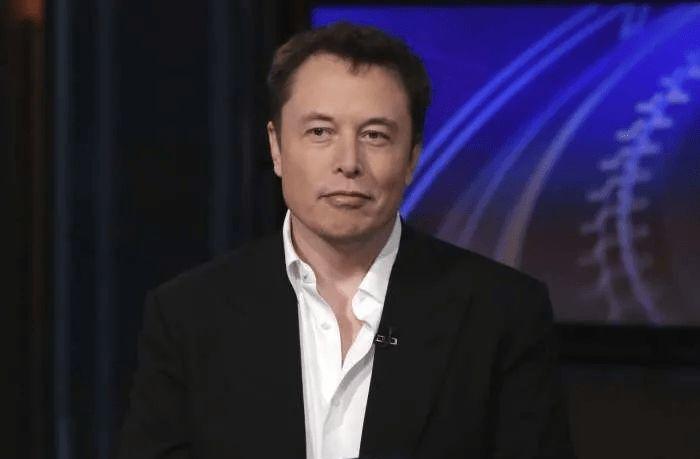
According to domestic media, on January 13, negotiations between Tesla and the Indian government reached an impasse over Tesla Motors' entry into India. Recently, Tesla CEO Elon Musk answered questions from netizens on Twitter, and when someone asked when Tesla can launch an electric car in India, Musk said that Tesla is "still dealing with many challenges brought by the Indian government." But Musk did not specify what challenges the Indian government has posed to Tesla and whether they can be addressed.
It is reported that as early as last year, the international new energy automobile giant Tesla planned to sell imported Tesla cars in the Indian market, and due to Tesla's special status in the international automobile industry, this matter needs to be allowed by the relevant departments of the Indian government. To this end, Tesla has been lobbying the Indian government through various channels to reduce tariffs on imported electric vehicles, after preliminary communication and exchanges, in October last year, Tesla officially put forward relevant requirements to the office of Indian Prime Minister Modi, and is waiting for the approval of the Indian side.
In fact, around the issue of Tesla's factory in India and sales in India, Musk has held many negotiations with the Indian government, and it has been difficult to make substantive progress for several years. The main reason for this situation is that there are large differences between Tesla and the Indian government over the details of the factory construction, as well as the import tariffs on Tesla Motors' sales in India, which has led to a deadlock in negotiations between the two sides. In fact, from the perspective of the development of India's domestic automobile industry and related new energy technologies, India, which really hinders Tesla's entry into the Indian market, is not just a factory and tariff issues. India is a populous country with a population of over 1.3 billion and will soon become the world's most populous country in the future. But India's economic development level is not high, although India's total GDP ranks among the top five in the world, but India's per capita GDP in 2021 is only $2,000, and under the impact of the new crown epidemic, India's unemployment rate is also surging, if Tesla can build a factory in India, it is obviously a good thing for India. However, once Tesla enters the Indian market, the Indian government needs to build supporting infrastructure for new energy vehicles and lay a large number of charging piles in the country.
From the current situation, even in developed countries such as the United States and Germany, the laying of charging piles for new energy vehicles is very slow, and there are still great internal differences around whether to completely abandon fuel vehicles. India's infrastructure construction is even weaker, many places can even be electrified and clean drinking water can be solved, if Tesla enters India, how to deploy charging piles, who pays for it, is a problem.
In addition to the problem of infrastructure, India actually has a concern on the one hand, India has been constantly promoting the development of domestic cars, and has made some progress. In the face of the future trend that new energy vehicles will replace fuel vehicles, the Indian industrial sector also hopes to have its own new energy vehicle brand. If Tesla is allowed to enter the Indian market, it will actually be a disaster for India's local new energy car manufacturers. Although there are very few people in India who can afford to consume Tesla cars, the introduction of high-end imported cars will undoubtedly affect the prospects of domestic car companies.